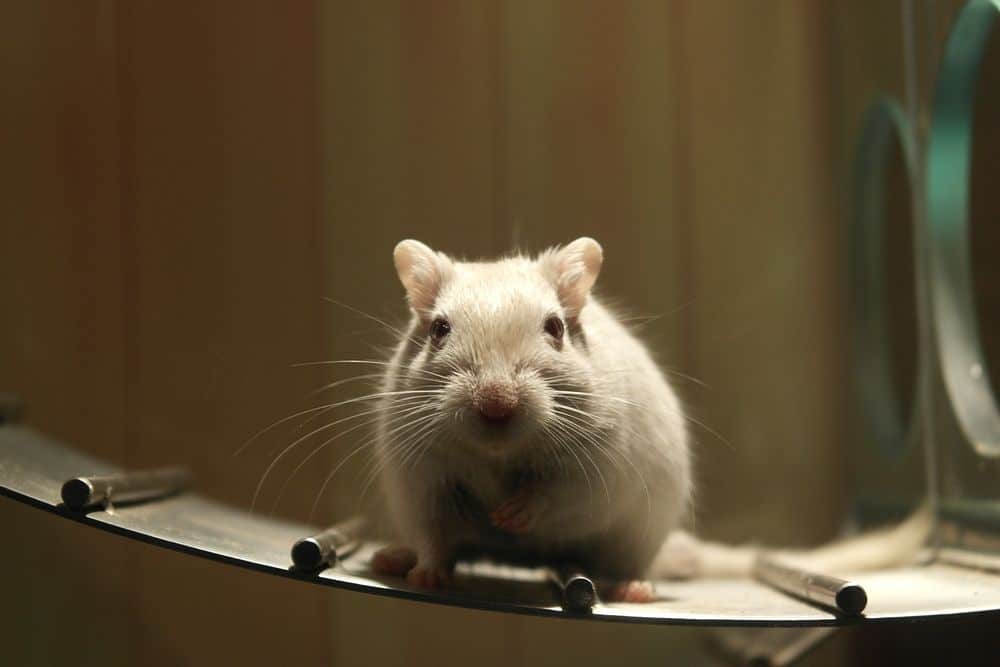Scientists Identify a “Gut Brain” That Impacts Eating Addiction

In a breakthrough study published on July 23 in the scientific journal, Nature, a large group of researchers has identified a “gut brain” that moderates appetite and eating behavior.
The research team was headed by a trio of scientists from the Bohórquez Laboratory of Gut Brain Neurobiology at Duke University in North Carolina. The research was conducted on lab rats and focused on the gut response to bacteria. Researchers were able to detect a “neurobiotic sense” — a gut feeling — that is part of a gut-brain neural circuit.
Researchers say rats adjust their eating behavior by monitoring a gut microbial pattern. They describe the process:
[W]e discovered that the specialized colonic cells, PYY-labelled neuropod cells, utilize the pattern recognition receptor TLR5 to detect bacterial flagellin. These cells then rapidly signal to the brain, through the vagus nerve, to regulate feeding behaviour.
In a rather eloquent summary, the scientists state: “Just as organisms rely on sight, sound, scent, taste and touch to navigate the world, they also adjust their behaviour in response to stimuli shaping their gut.” This “neurobiotic sense” in the colon allows animals to detect bacterial signals and control appetite.
According to a summary of the research by Study Finds, eating and weight gain increased in mice which were bred to lack this gut brain. The study is rather dense and difficult to parse. Study Finds summarizes one of the most important implications:
The discovery could help explain why disruptions in gut bacteria are linked to obesity and eating disorders in humans.
After eating, flagellin levels increase in the colon. The neurobiotic sense provides real-time feedback about bacterial activity during digestion. Researchers found they could trigger this gut brain by direct administration of flagellin, which immediately causes reduced food intake.
Study Finds summarizes the potential for developing new treatments for obesity and diabetes:
People vary dramatically in their gut bacterial compositions, and these findings show that some individuals might have more or less sensitive bacterial sensing systems. Such differences could help explain why some people naturally regulate their weight while others struggle with overeating.
Researchers say that by developing therapeutics that target this neurobiologic sense, people may be able to better regulate appetite, eating behavior, and weight gain. The discovery opens up a new frontier for medically-assisted weight management.
Written by Steve O’Keefe. First published July 29, 2025.
Sources:
“A gut sense for a microbial pattern regulates feeding,” Nature, July 23, 2025.
“Scientists Discover ‘Sixth Sense’ In The Gut That Controls How Much We Eat,” Study Finds, July 23, 2025.
Image courtesy of Rawpixel, used under Creative Commons license.




